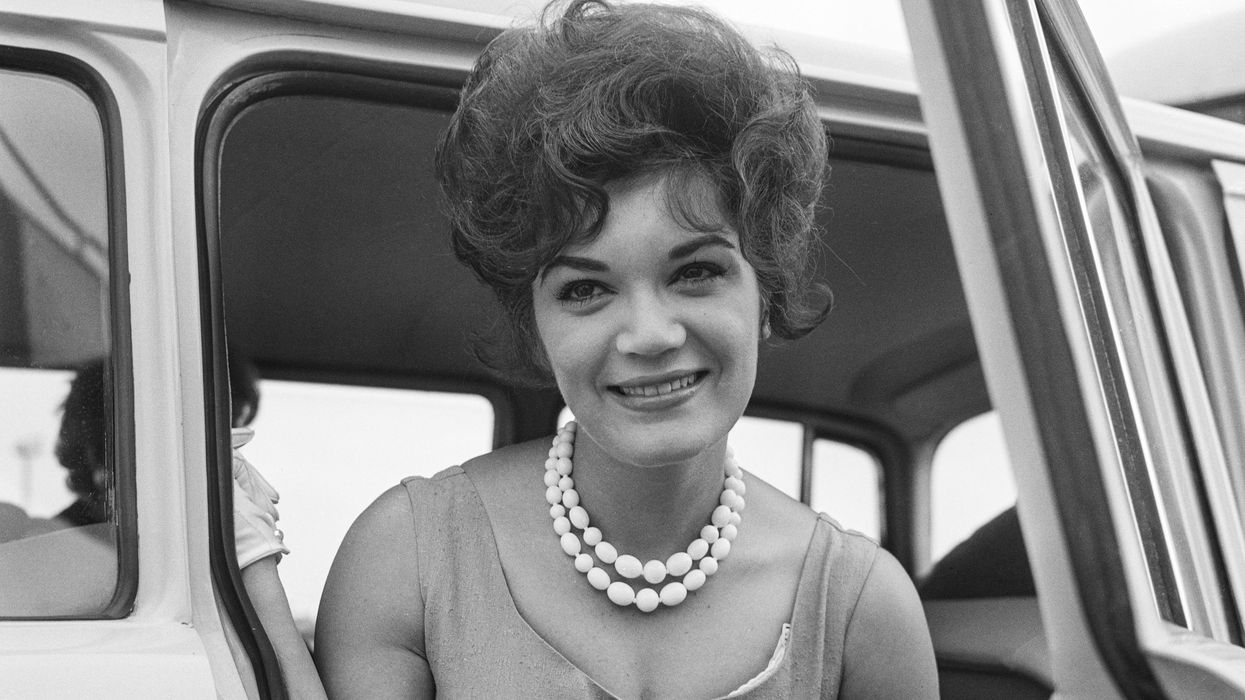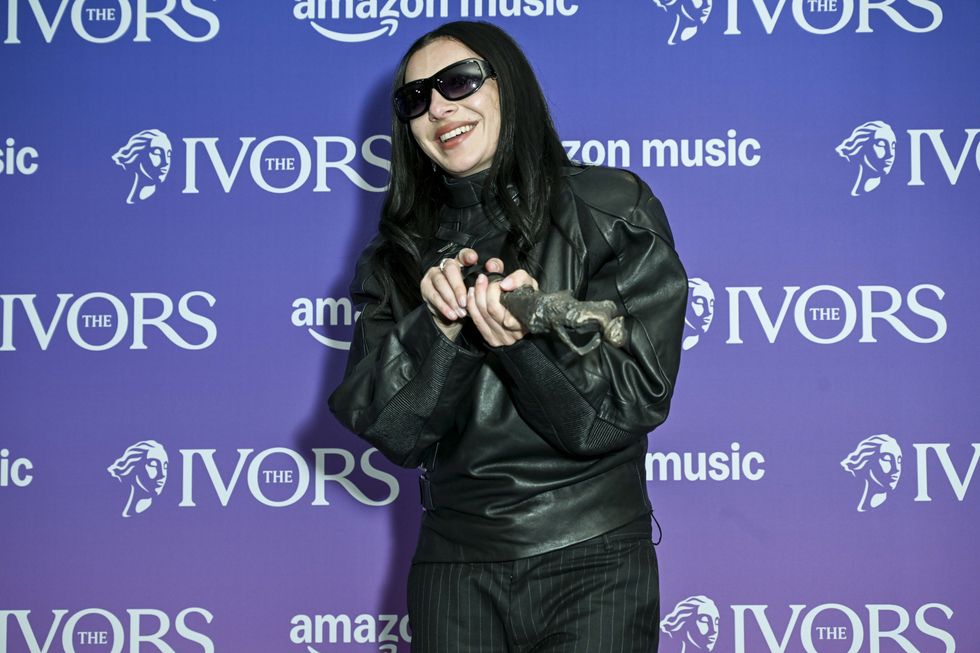THE LATEST UK migration statistics show a significant number of Indian students and workers leaving the country over the past year, as tougher visa and immigration rules come into effect.
Figures released on Thursday by the Office for National Statistics (ONS) show that in 2024, around 37,000 Indians who arrived on study visas, 18,000 who came for work, and 3,000 who entered for other reasons, left the UK. This was part of a broader emigration trend led by Indian nationals, followed by Chinese nationals at 45,000.
Other major nationalities leaving the UK included Nigerians (16,000), Pakistanis (12,000) and Americans (8,000). The overall result was a fall in net migration by 431,000 last year – nearly half of what it was the year before.
“Among people emigrating, Indian was the most common nationality,” reads the ONS analysis, based on UK Home Office data.
“Study-related emigration was the most common reason for the five most frequent non-EU (European Union) nationalities to emigrate in YE (year-ending) December 2024. The increase in long-term emigration of non-EU+ nationals who originally arrived on study-related visas is primarily being driven by the large numbers of Indian and Chinese nationals leaving in YE December 2024,” it notes.
Mary Gregory, director of population statistics at the ONS, said the fall was mainly due to fewer people coming to the UK to work or study, especially student dependants.
“There has also been an increase in emigration over the 12 months to December 2024, especially people leaving who originally came on study visas once pandemic travel restrictions to the UK were eased,” she said.
The UK government welcomed the drop in net migration, an issue that has drawn attention amid political pressure and the recent rise of the anti-immigration Reform party.
“Under the Tories net migration reached nearly 1 million – roughly the size of the population of Birmingham. I know you are angry about this, and I promised you I would change it,” prime minister Keir Starmer said in a social media statement.
“Today's stats show we have nearly halved net migration in the last year. We're taking back control,” he said.
Experts say the drop is the biggest for any 12-month period on record and the most significant annual fall in net migration since the early days of the Covid pandemic.
“These figures show a big increase in returns of failed asylum seekers and foreign national offenders, record levels of illegal working penalties, and the asylum backlog and hotel use coming down,” said home secretary Yvette Cooper.
Long-term immigration to the UK dropped below 1 million for the first time in around three years. It was estimated at 948,000 in the year ending December 2024, down from 1,326,000 the year before.
At the same time, emigration rose by about 11 per cent to 517,000, up from 466,000 in the previous year.
Former home secretary James Cleverly, who served under the Conservative government led by Rishi Sunak, said the drop in net migration was due to policies he had introduced.
“This drop is because of the visa rule changes that I put in place,” he said.
(With inputs from PTI)



















 Charli XCX posing after winning Songwriter of the Year at the 2025 IvorsGetty Images
Charli XCX posing after winning Songwriter of the Year at the 2025 IvorsGetty Images 